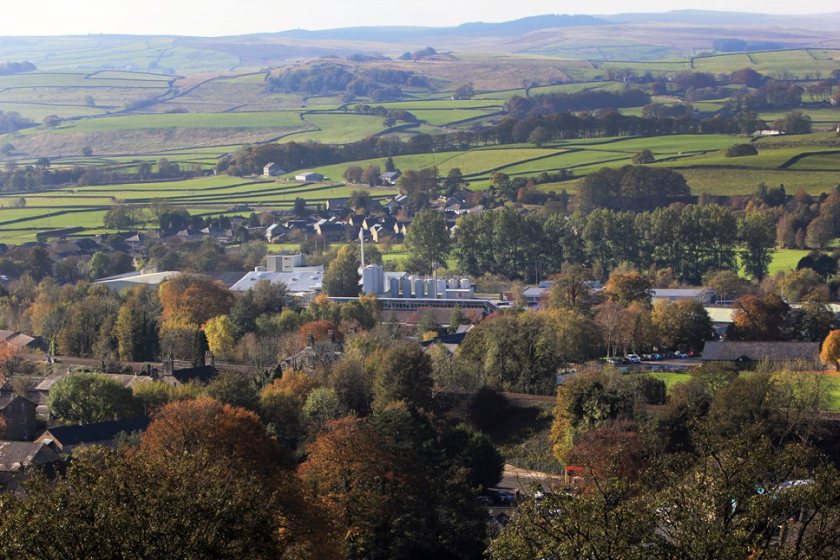
Dairy co-operative Arla has announced a scaling up of its climate target for operations from 30 to 63 percent by 2030.
This will be helped by converting to fossil free trucks, green electricity and low-energy solutions, the dairy group said on Wednesday.
The new target has been approved by the Science Based Targets initiative (SBTi) as consistent with reductions required to keep global warming to 1.5°C.
The announcement today means that the co-op is more than doubling its scope one and two emission reductions, having achieved a 24% reduction since 2015.
To help reach the 63% target, Arla said it would continue to 'invest heavily' into sustainability actions to increase total investments by 40% to 4+ billion euros (£3.3bn) over the next five year period.
This investment would help to fund the activities required to deliver the 63 percent CO2 reduction to meet Arla’s new 1.5 pathway, it said.
The dairy group is looking to convert its fleet of milk tankers and distribution trucks to fossil free solutions through biodiesel, biogas and electric vehicles.
It will also convert its European production plants to 100% green electricity through green power purchase agreements and investment in wind and solar projects complemented with purchased guarantees of origin for electricity produced on Arla farms.
In working towards a 30 percent CO2e reduction per tonne of standardised raw milk and whey intake, Arla farmers have reduced emissions by 7% since 2015,
With over 90% of Arla farmers participating in carbon footprint reporting, the data shows they already produce milk with around half the emissions of milk produced globally.
Ash Amirahmadi, managing director of Arla Foods UK said: “Arla is one of the first farmer-owned dairy cooperatives in the world to have a 1.5°C target approved by the Science Based Targets initiative.
"With Arla’s farmer owners already among the most carbon efficient farmers in the world, it is right that we also show leadership in reducing carbon emissions across the production and operational side of the cooperative.”
